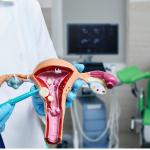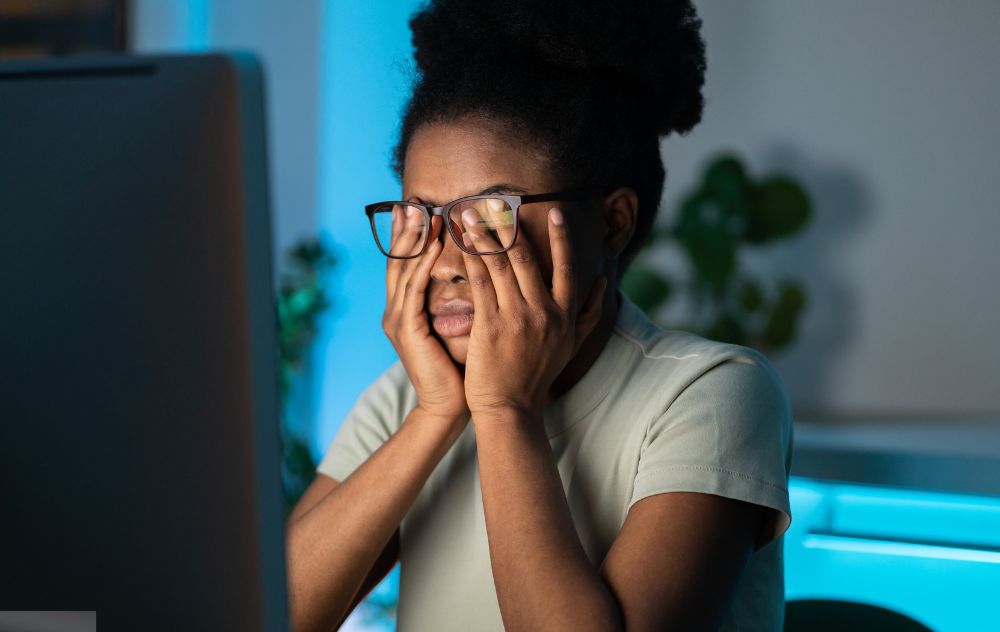
Feeling drained despite getting enough rest can be a potential sign of conditions like uterine fibroids. Fibroid symptoms such as heavy bleeding, leading to anemia, chronic pain, and sleep disturbances can contribute to exhaustion. Over time, this relentless fatigue can affect daily life, productivity, and overall well-being.
Learn more about the relationship between fibroids and tiredness and how to manage symptoms.
How Can Fibroid Tumors Make You Tired?
One of the most common reasons fibroids cause tiredness is excessive blood loss from heavy periods. When fibroids cause prolonged or heavy menstrual bleeding, your body loses more iron than it can replenish, leading to iron-deficiency anemia.
Even if anemia isn’t present, uterine fibroids can lead to fatigue through hormone imbalances and chronic pain. These growths may interfere with normal hormone levels, affecting energy regulation and overall well-being. Additionally, the pain and discomfort caused by fibroids make restful sleep difficult, leaving you physically and mentally exhausted.
Uterine fibroid embolization (UFE) is a non-surgical treatment that can help shrink fibroids, reduce heavy bleeding, and alleviate pain. Many women experience increased energy levels after UFE as their bodies recover from blood loss, hormone disruptions, and chronic discomfort.
Anemia: A Hidden Cause of Fibroid Fatigue
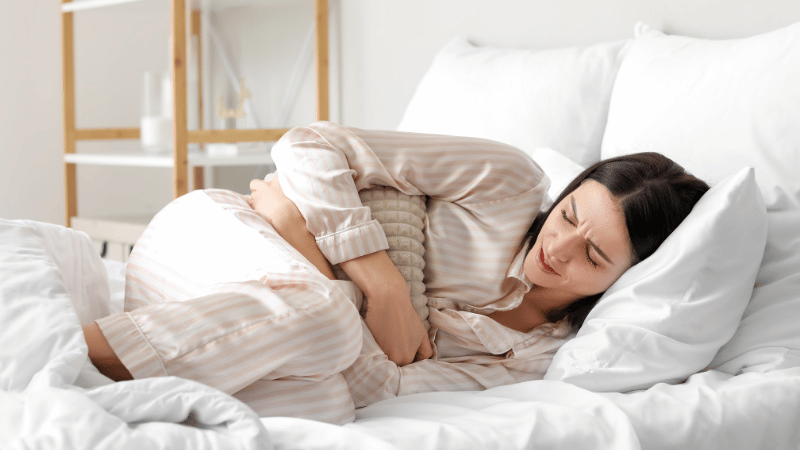
One of the primary ways fibroids cause tiredness is through anemia, when your blood doesn’t have enough healthy red blood cells or hemoglobin to carry sufficient oxygen throughout your body.
Symptoms of Anemia from Fibroids
When fibroids lead to anemia, the lack of oxygen-rich blood makes it difficult for your body to generate energy efficiently. In addition to anemia-related fatigue, the lack of iron-rich blood causes various symptoms that impact daily life. Some of the most common signs of anemia include:
- Extreme fatigue and weakness
- Shortness of breath
- Dizziness and lightheadedness
- Cold hands and feet due to poor circulation from low red blood cell levels
Even mild anemia can cause sluggishness, brain fog, and irritability, making it difficult to focus and stay productive. If you experience these symptoms of anemia regularly, talk to a healthcare provider about fibroids and tiredness, along with potential treatment options.
Other Ways Uterine Fibroids Can Cause Tiredness
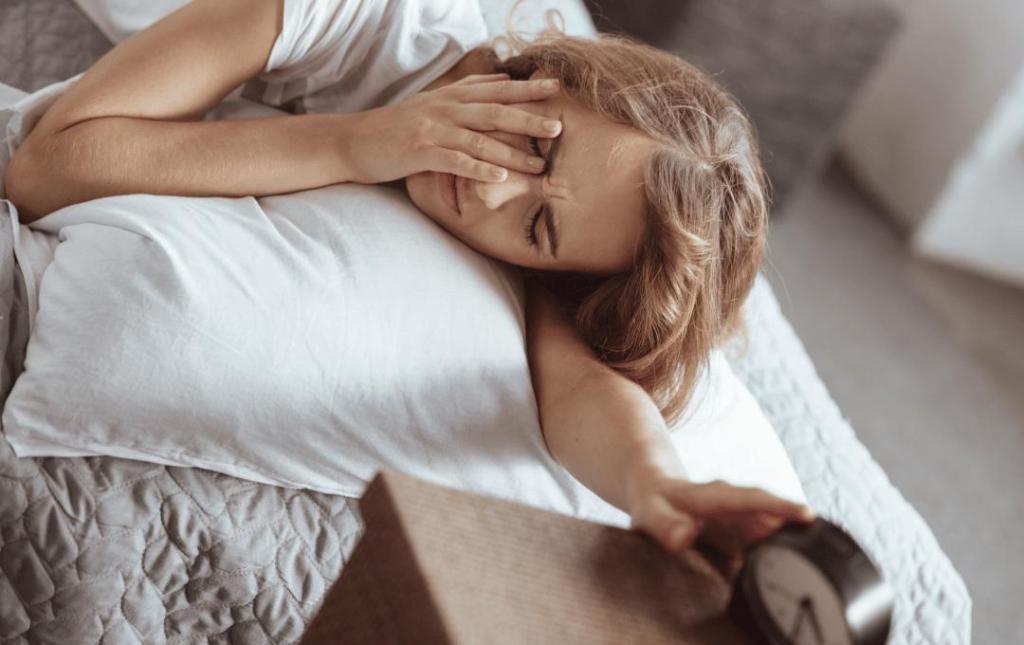
Fatigue from fibroids can also be caused by other factors besides anemia. Fibroid symptoms can affect energy levels by disrupting sleep and other areas in your life, preventing you from feeling well-rested.
Fibroids and Fatigue: Sleep Disruptions and Insomnia
Fibroids can make getting a good night’s sleep difficult due to factors such as:
- Pelvic pressure and discomfort worsen when lying down.
- Frequent urination at night from fibroids pressing on the bladder
- Heavy periods that require changing menstrual products overnight
When quality sleep is consistently interrupted, the body struggles to recover and restore energy levels. This cycle of poor sleep and ongoing fibroid fatigue makes staying productive and well-rested more difficult.
Fibroids and Fatigue: Chronic Pain
Persistent uterine fibroid pain and cramping are a significant source of energy depletion. Beyond the physical strain, ongoing pain keeps the body in constant stress. This prolonged tension can cause hormonal imbalances, making it harder to relax and recover.
As a result, many women dealing with fibroids and tiredness resulting from chronic pain, cramps from heavy bleeding, and stress become drained.
Fibroids and Fatigue: The Emotional and Mental Impact
The physical toll of fibroids and extreme fatigue can have a significant effect on mental and emotional well-being. Managing chronic symptoms like fibroid fatigue can feel overwhelming, leading to increased stress and frustration.
Hormonal fluctuations caused by fibroids may contribute to mood swings, anxiety, and even depression. The combination of physical exhaustion and emotional strain can make staying motivated and engaged in daily life difficult.
Book an appointment with a fibroid specialist
Managing Fatigue Caused by Uterine Fibroids
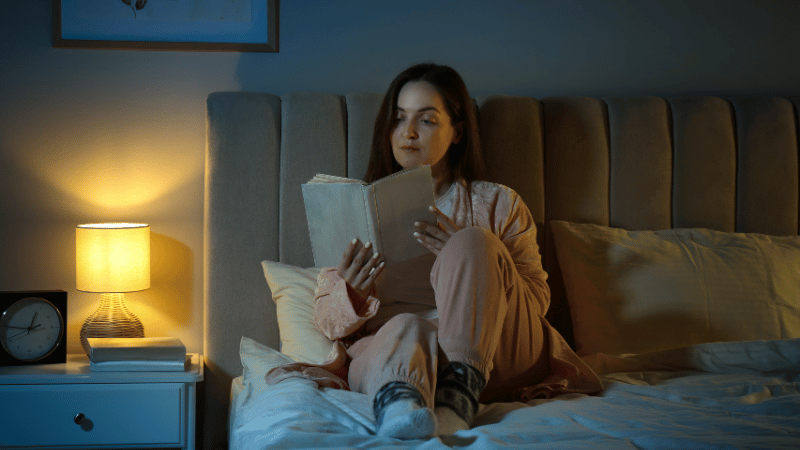
While fibroid-related fatigue can be challenging, treatment is important to address the root cause of painful and draining symptoms. Certain lifestyle adjustments may help improve energy levels while managing symptoms.
How to Improve Energy Levels Before Treatment
If uterine fibroids are causing fatigue, a few lifestyle changes can help restore your energy levels.
These adjustments to manage fibroids and tiredness include:
| Iron Intake |
|
| Hydration |
|
| Sleep |
|
| Exercising |
|
Building a routine with these strategies can help you better manage fibroid fatigue for improved well-being.
How UFE Can Help Relieve Fibroid-Related Fatigue
For women struggling with fibroid-related fatigue, treatments like uterine fibroid embolization (UFE) can help alleviate symptoms and restore energy levels. UFE cuts off the fibroids’ blood supply, shrinking them over time. Unlike traditional surgery, this minimally invasive procedure preserves the uterus while providing fast recovery and significant symptom relief.
UFE can alleviate heavy menstrual bleeding that leads to anemia and fatigue that impacts daily life. As bleeding decreases, iron levels can begin to replenish, restoring energy and reducing the symptoms of anemia. Most women notice a boost in energy levels after UFE, as their bodies no longer have to compensate for heavy bleeding, anemia, and chronic discomfort.
Find Relief Today – Book Online
Get Help for Fibroid-Related Fatigue

It’s necessary to see a doctor if you experience:
- Extreme exhaustion that occurs regularly.
- Heavy periods that lead to dizziness or shortness of breath.
- Sleep disturbances and pelvic pain disrupt daily routine.
- Difficulty focusing, constant weakness, or mental fog.
Visit USA Fibroid Centers for a fibroid diagnosis and UFE treatment. Our expert interventional radiologists will discuss your diagnosis and can help create personalized treatment plans. We also accept most forms of insurance, such as Medicare and Medicaid, along with self-pay plans.
Uterine Fibroids and Tiredness FAQs
Do Fibroids Make You Sleepy?
There is a relationship between uterine fibroids and tiredness as a result of symptoms such as heavy periods. This excessive blood loss can cause anemia because your body depletes more iron than it can replenish. Fibroids can also cause hormone imbalances and chronic pain that make you feel more tired.
How do I Know if My Fatigue is From Fibroids or Another Condition?
Fibroid fatigue is often caused by heavy menstrual bleeding, leading to anemia. If you experience heavy periods with clots, pelvic pain, and fatigue around your menstrual cycle, fibroids could be the underlying cause. Abdominal bloating and a feeling of fullness around your period may also be symptoms.
However, the only way to confirm fibroids is with a medical diagnosis, including pelvic exams and imaging tests like ultrasounds, as fibroid symptoms tend to overlap with other conditions, such as endometriosis.
What are the Best Iron-Rich Foods for Fibroid-Related Fatigue?
The best food for replenishing iron levels includes:
- Lean meats (chicken, turkey, and fish)
- Dark leafy greens (spinach, kale, and broccoli)
- Beans (chickpeas, lentils, and kidney beans)
- Dried fruits (raisins, apricots, and prunes)
- Vitamin C-rich foods to help with iron absorption (citrus, berries, and green peppers)
- Nuts, seeds, and whole grains provide essential nutrients
Avoid coffee or tea with meals for better iron intake, as they can make it harder for your body to absorb iron. To get the most out of iron-rich foods, have coffee or tea at least an hour before or after eating. Maintain a balanced diet; if necessary, your doctor may recommend iron supplements to support energy levels.
Can Treating Fibroids Improve Energy Levels?
Treating fibroids can decrease tiredness, as heavy menstrual bleeding often leads to iron deficiency anemia. Fibroid treatment can stabilize blood levels, increasing energy and overall well-being.


